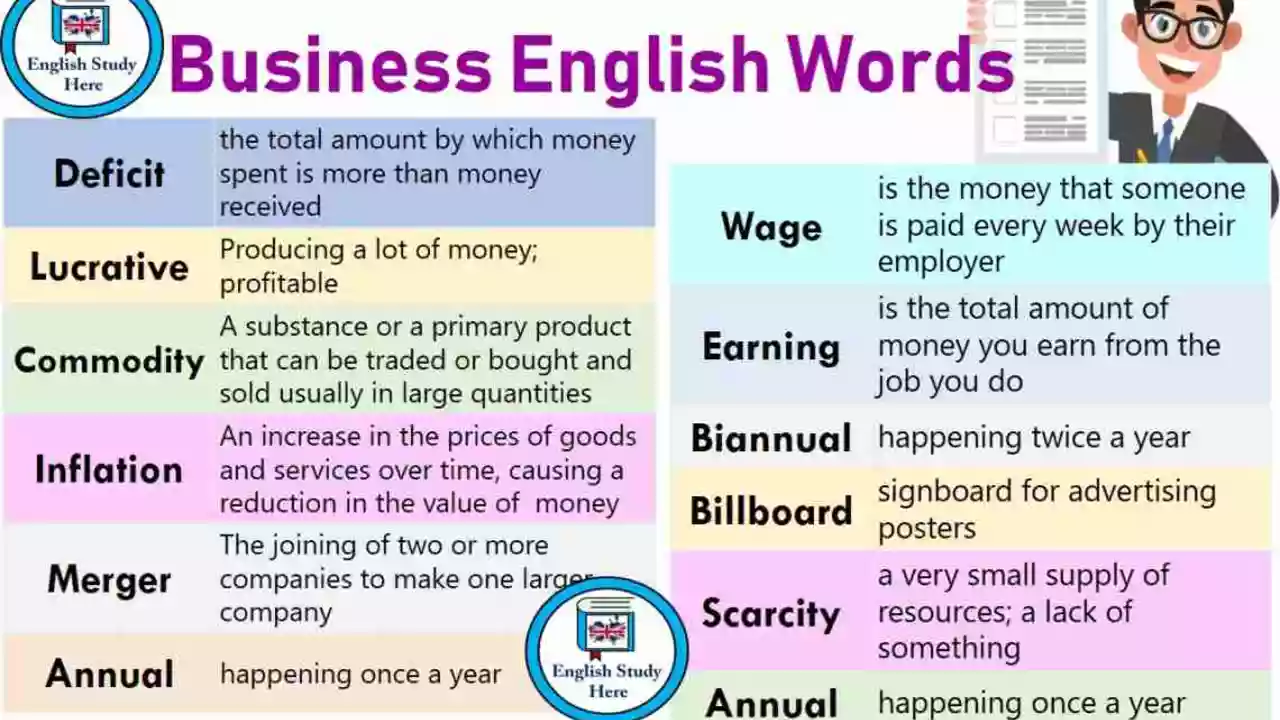Idiom Synonyms – Quick Alternatives for Everyday English
Ever heard an idiom that sounds a bit stale or doesn’t fit the tone you want? Swapping it for a fresh synonym can make your writing or speech feel more natural. In this guide we’ll show you why using idiom synonyms matters, where to find them, and which ones work best in common situations.
How to Spot a Better Idiom
First, ask yourself what the original idiom is trying to say. Most idioms pack a single idea—like "break the ice" meaning to start a conversation. Once you nail the core meaning, look for other phrases that carry the same vibe. A good synonym keeps the same meaning but uses different words or a slightly different tone.
Next, think about your audience. If you’re writing for a formal report, you might replace "hit the nail on the head" with "accurately identify". For a casual blog, "spill the beans" could become "let the secret out". Matching the level of formality helps the reading flow.
Finally, test the replacement in the sentence. Does it still make sense? Does it sound smoother? If you stumble over it, you probably need a different choice.
Top Idiom Synonyms You Should Know
Here are some everyday idioms and a handful of ready‑to‑use synonyms:
- Break the ice → start a conversation, get things rolling, open up.
- Hit the sack → go to bed, turn in, catch some sleep.
- Under the weather → feeling ill, not feeling well, a little sick.
- Kick the bucket → pass away, die, meet your end.
- Spill the beans → reveal the secret, let it out, give away the info.
- Burn the midnight oil → work late, stay up late, pull an all‑night.
Each of these alternatives keeps the original meaning while giving you a chance to vary your language. Swap them in when you feel the original phrase is overused or too informal.
If you need more options, try these quick tricks:
- Use a thesaurus focused on phrases rather than single words. Many online tools let you type the idiom and suggest similar expressions.
- Search for the idiom’s definition, then rephrase the definition in your own words. That often yields a natural‑sounding synonym.
- Read blogs, news articles, or books in the style you aim for. Notice how writers replace common idioms with fresh language.
Practice is the real key. The more you play with idiom synonyms, the easier it becomes to spot a smoother alternative on the fly.
Remember, the goal isn’t to avoid idioms altogether—just to use the right one at the right time. A well‑chosen idiom synonym can keep your writing lively, clear, and tailored to the reader.
Bottom line: identify the core idea, match the tone, and test the fit. With that simple process you’ll have a handy toolbox of idiom synonyms ready for any conversation or article.
